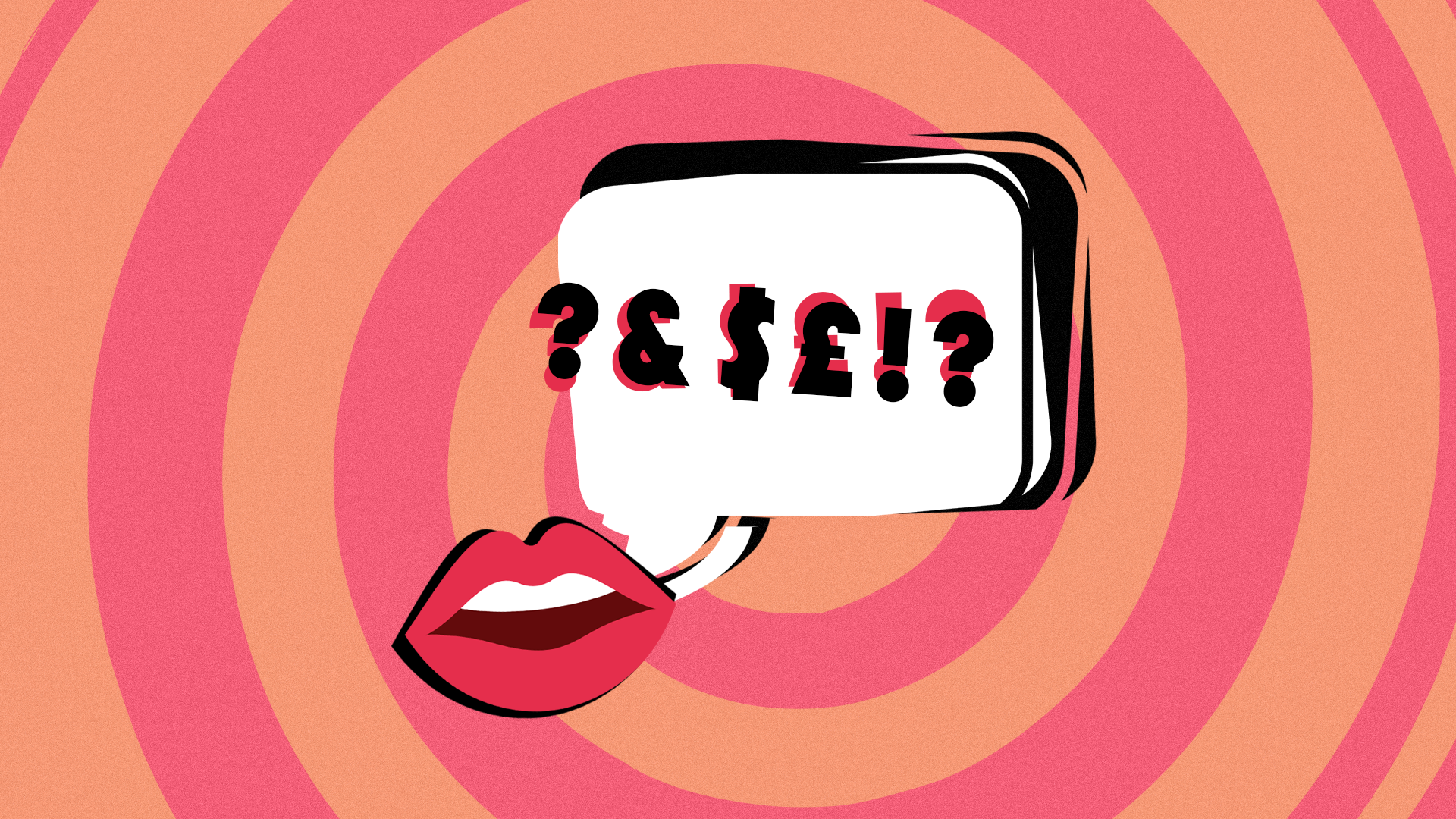In an increasingly globalised world, people have progressively more puzzling accents. Do accents still play a role in how we identify ourselves and others?
‘I’ve definitely not been believed when I say I’m Norwegian,’ says Lea Dzifa Seeberg, who grew up in Oslo before moving to the UK a little under five years ago.
‘Sadly, most people assume I’m from the US,’ she tells me.
But her accent can change from time to time, morphing according to who she is speaking to. This is likely because the 22-year-old grew up with a mix of languages and accents at home and school, meaning she has no ‘set way’ of speaking, she says.
It also means she gets asked where she is from a lot more than she’d like.
Dzifa Seeberg believes people have increasingly less distinct accents because of growing globalisation and accessible traveling. People can be born one place, grow up in another, and settle in a third, picking up accents from all those places while belonging to them all equally, she adds.
But for Fiona Brown, a 43-year-old author and lecturer from Leeds, this is not the case.
In fact Brown says that she made a lot of effort to tone down her distinct Yorkshire accent when she first moved to London in 2001 because it made her stand out.
She notes that accent prejudices are still very much a ‘thing’, with some Northerners often being seen as ‘a bit thick’, ‘uneducated’, or ‘common’, while those with Geordie accents – people from Newcastle – are considered really friendly.
Brown says the days of speaking in ‘Received Pronunciation’ – often described as ‘the Queen’s English’ – are over but people still have certain misconceptions about accents.
Dzifa Seeberg says the media has a large role to play in that, noting that she tends to get more respect when she tones down her American accent.
‘I’ve probably unfairly prejudiced against American accents, purely based off TV shows’ she says.
In November 2022, Queen Mary’s University of London re-ran an accent attitude survey originally conducted 50 years ago, in which they asked over 800 people to rate 38 different British accents from one to seven, according to how pleasant and prestigious they found them.
The researchers found that attitudes towards accents in the UK have barely changed – Received Pronunciation is still the most highly regarded, while ‘Birmingham’ was rated the lowest and ‘Afro-Caribbean’, ‘Indian’, ‘Liverpool’ and ‘Cockney’ were all in the bottom 10.
According to translator and interpreter Yelena McCafferty, human beings are subconsciously biased about accents. Evolution did not remove our need to identify our friends and our foes – it’s our ‘survival instinct’, she says.
So, it is only natural that we are subconsciously attracted to accents that sound similar to our own.
McCafferty, who was born in Russia, notes that people never guess that she is Eastern European unless they see her face or her name. Most people will only tell her they can hear an unidentifiable ‘twang’.
She adds that her accent now, in a way, has become a part of her identity. Despite it not being particularly distinct, she never adapts to her surroundings.
‘I feel that if I were to try to change it depending on my linguistic surroundings, I would sound fake or false,’ she says.
Is McCafferty right? Should we have to change or adapt our accents to fit into a new setting or accommodate new people in our lives?
Brown says that, as she’s gotten older, she’s learned to happily embrace her accent.
It often gives me an edge on people remembering me and goes against what they think they believe, she says.
Despite the public’s attitude towards accents, the Queen Mary’s study also revealed that those on the hunt for a job may find recruiters are increasingly less biased towards accents.
The researchers asked 61 lawyers and graduate recruiters in leading UK-based international law firms to complete a mock hiring exercise, in which their ratings matched the evaluations of legal professionals who saw only the written versions of the mock responses.
With sufficient training, employers may be able to resist the sway of accent stereotypes and pick candidates solely based on merit, it concluded.




















